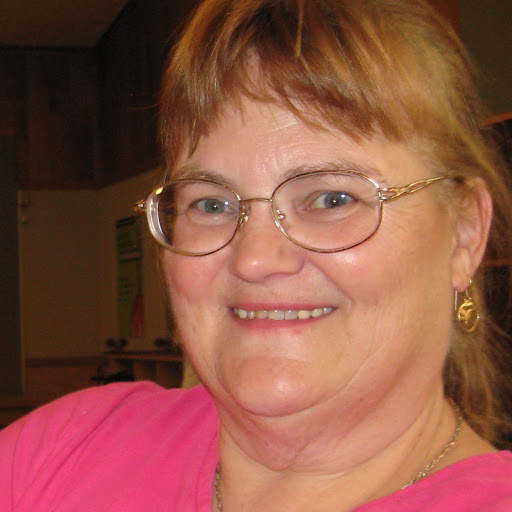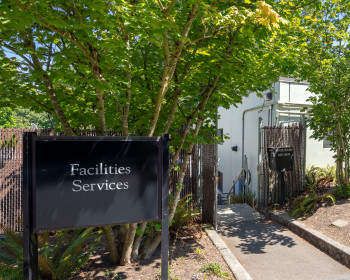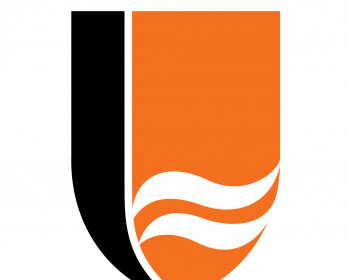Anholt retires after 35 years
Open gallery

After 35 years at Lewis & Clark, Academic English Studies Instructor Debbie Anholt retired this year at the end of August.
Debbie joined the faculty of the Institute for the Study of American Language and Culture (ISALC) in 1979. The ISALC later transitioned into the Academic English Studies program (AES). Since that time, she has held numerous program positions including assistant director, acting director, and most recently codirector. She served on campus-wide committees, taught a methodology course for students planning to go to China, was the academic coordinator for the Waseda University Summer English programs in 1999 and 2000, and led an overseas program to Australia in 2006.
The Source caught up with Debbie to hear about her fondest memories and retirement plans.
What do you consider to be your greatest accomplishment during your career?
Maintaining our program and providing an excellent experience for our students has been a collective effort, not one I can take credit for individually. When I began in fall 1979, we had 87 students. This grew over the next 15 years to almost 140. With the Lewis & Clark change to semesters and then global political events, our enrollment fell to 20 to 30 students. In the last 10 years, Joann Geddes, the other faculty, and I have worked diligently to restructure our curriculum and attract highly qualified students, and I think we’ve stabilized now at about 110, a good number for us. The biggest challenge for the coming years is to diversify the student body; I wish we had been able to do that better.
Another thing I’m proud of is that by scheduling classes carefully and shifting some teaching to summers, we’ve been able to maintain a high percentage of full-time and visiting faculty, with very few adjuncts. That is extraordinary among intensive ESL programs.
What changes have you seen in your field in the last 35 years?
To me an interesting part of my work has been to watch how the student population coming to study English has changed with the world political and economic situation or with changes at Lewis & Clark. When I began, we had many students from Venezuela, Iran, and South Korea, but now the majority are from Saudi Arabia and Japan. We had more students coming independently, but now they are more likely to come on exchange programs or scholarship programs.
Do you have a favorite memory from your years at Lewis & Clark?
At one point in the 1980s, our program was housed in Gallagher house, a small three-bedroom house where the apartments are now located. We had too many faculty for the space—my desk was in the former laundry room with a faucet sticking out over my desk. Something had to be done, so for one term I got an office upstairs in the Manor House. During that time, I was teaching an English-through-drama course, and I frequently had students in my office practicing their lines with enthusiasm, which apparently was disturbing to the administrators in the Manor House. That led to our program getting moved from Gallagher House to two of the brown houses next door. We were excited to now have seven bedrooms as shared office spaces, and nobody had to be in the laundry rooms.
What will you miss most about Lewis & Clark?
The students, without a doubt.
What are your plans for retirement?
My husband and I enjoy diving. We have a couple of warm-water dive trips coming up with friends in our scuba club. On a daily basis, I have plenty to keep me busy: volunteering at the elementary school where my daughter teaches, kayaking, and geocaching. I don’t expect to be bored at all!
More The Source Stories
email source@lclark.edu

